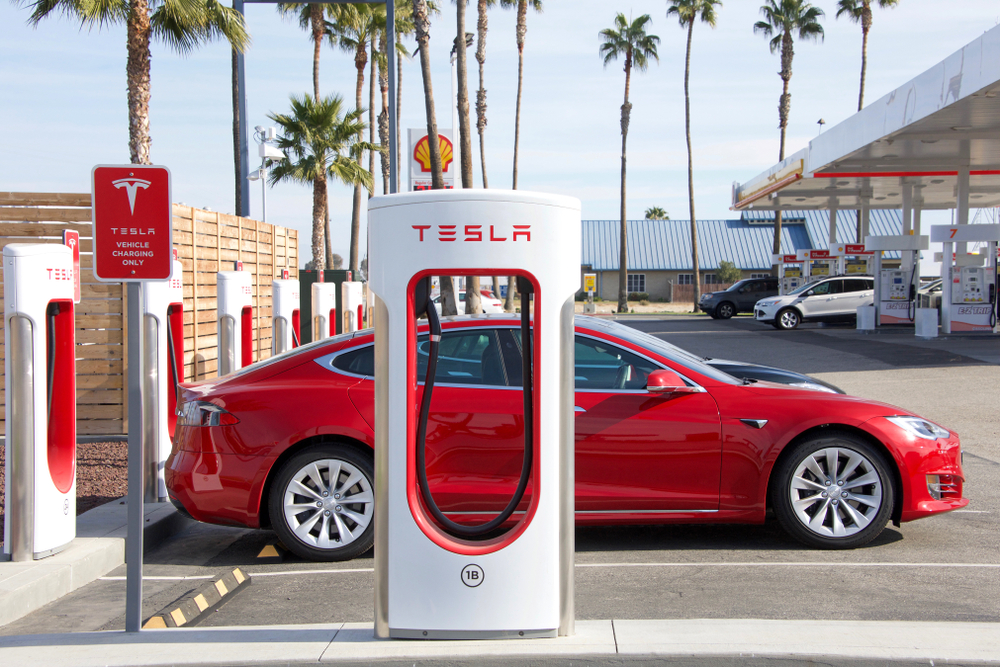In a move that may give a huge boost to India’s electric vehicle industry, American electrical vehicle heavyweight Tesla may set up a research and development center in Bengaluru, also known as the country’s Silicon Valley.
“Tesla has shown initial interest to invest in a research and innovation center in Karnataka and the talks are at a preliminary stage,” a state government official told local media Economic Times.
Earlier this month, the Palo Alto-headquartered company held discussions with the local government. A follow-up meeting is expected over the next couple of weeks during which the government officials would present a detailed proposal to Tesla to woo the world’s most valuable carmaker to invest in the country, the report said.
If the plan materializes, India would become the second country, outside of the US where Tesla will have an R&D center. In 2018, the company had announced setting up the first independent overseas R&D center in Beijing.
Earlier in January, Tesla revealed its plans to open a design and research center in China to make “Chinese-style” vehicles when it posted a recruitment notice on its official WeChat account. However, with the healthcare pandemic descending upon the world, the current status of the plan is not yet known. The same month, the American electric vehicle manufacturer opened a car and battery factory in Shanghai. Later in July, Elon Musk, Tesla CEO, in a tweet said the company may look at another similar factory in Asia, outside of China.
Tesla’s interest in setting up an R&D center in India comes at a time when India is trying to attract US companies to set up or expand their footprints in the country amid the ongoing tension between the US-China and India-China.
Bengaluru, the capital of the Indian state of Karnataka, is already home to a slew of electric car manufacturing giants such as Daimler, Bosch, and Mahindra Electric as well as EV startups Ola Electric, Sun Mobility, and Ather.
Karnataka became the first state to come up with an electric vehicle policy two and a half years ago. The objectives of the EV policy included attracting investments of INR 31,000 crore (USD 4.2 billion) and creating employment opportunities for 55,000 people. Since then, 11 states including Gujarat, Delhi, Maharashtra, Tamil Nadu, Telangana, and Andhra Pradesh have charted their own policies for electric vehicles.
According to a July report by Avendus Capital, the investment banking arm of financial services provider Avendus Group, India’s EV market is likely to be an INR 50,000 crore (USD 6.8 billion) opportunity by 2025, with two- and three-wheelers expected to drive the EV trend.
